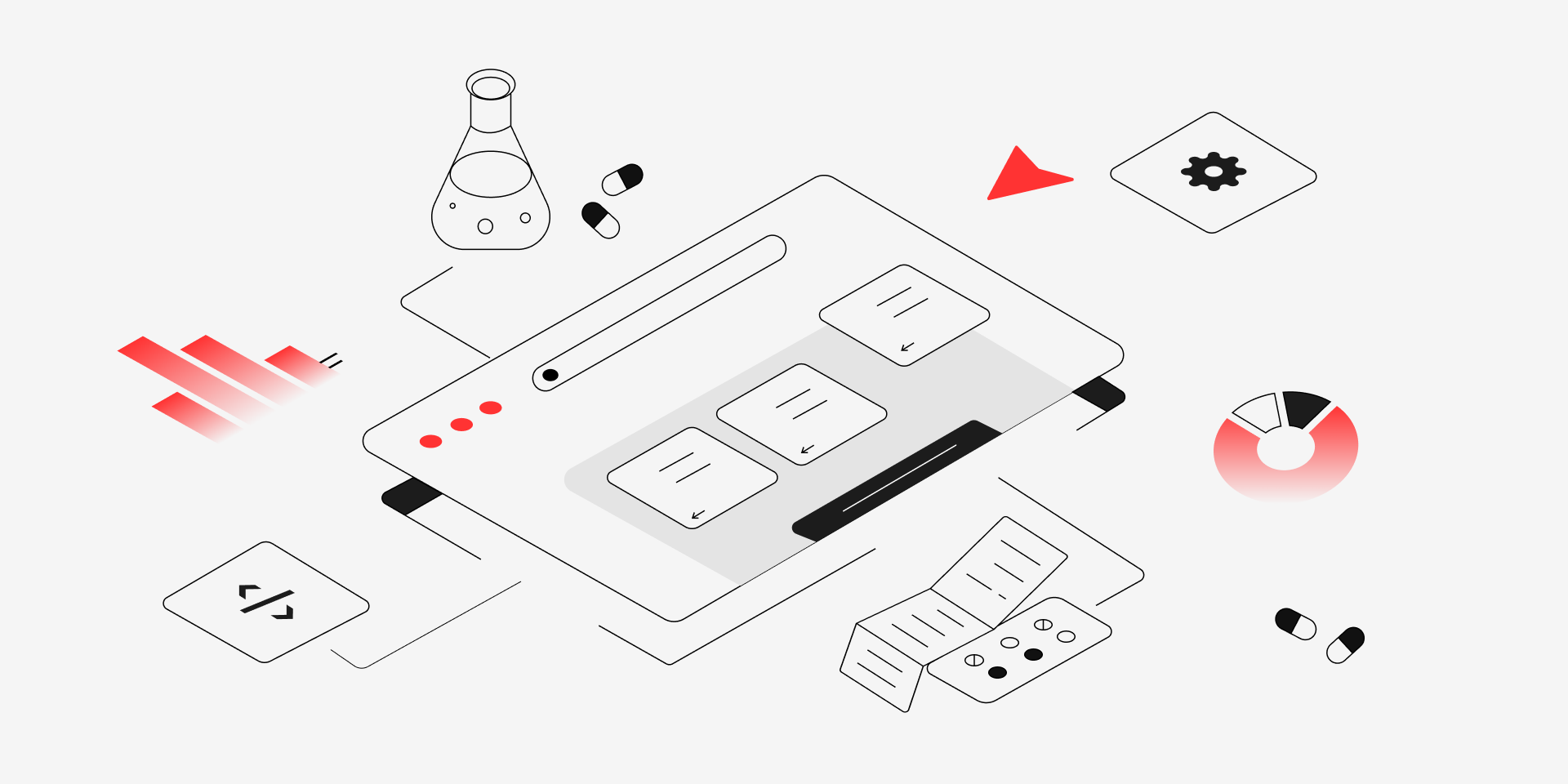There is fierce competition in the healthcare sector. Private clinics, hospitals, and other healthcare organizations are forced to go the extra mile to deliver quality services to patients and engage with them. In such a scenario, having a user-centric and feature-rich website can meet all the expectations.
This blog highlights the importance of healthcare web development and how it can benefit healthcare providers to manage their processes and workflow efficiently. So let’s get started.
Importance of Healthcare Web Development
In most cases, people don’t want to call any healthcare service provider directly. They would like to browse their web portals, check their expertise, compare with other health specialists, read reviews and recommendations, and other benefits. After considering certain factors they decide to make a call. Also, most people prefer to schedule their appointments online.
Well, this is not just a saying, many research and statistics have proved that 71% of patients conduct online research, read reviews, and check expertise before making a call to the health specialist or any hospital. This is where it is highly important to have a website in the realm of the emerging health tech sector.
In simple words, your healthcare website will act as a virtual showroom. It is highly beneficial for your staff to interact with people anytime with the help of online assistants, demonstrate the services, talk about the expertise of your doctors, and whatnot. A user-centric website is the key to gaining people’s trust and attracting them to use your services.
The Most Obvious Reasons for Having a Healthcare Website
Competitive Edge:
These days, major healthcare providers have their own websites. Now, the question is, what are the benefits of having a healthcare website? Well, websites are just static pages with contact details and content about the service offerings. Opting for healthcare web development does not cost much, and allows healthcare providers to gain a competitive edge. There are a wide variety of options to add the latest features, and customization options, boost user experience, and build brand identity.
Seamless Communication:
Having a website allows the healthcare team to connect with the patients anytime even after working hours. They can make use of virtual assistants and respond to urgent questions. This way, people can get peace of mind and don’t feel alone knowing they will get instant support whenever needed.
Easy Appointment Scheduling:
Online appointment scheduling is not just convenient for patients but it also allows healthcare staff to manage multiple appointments and reduce long queues. With online appointment scheduling features in healthcare workflow management software, patients can seamlessly make an appointment, reschedule it, or cancel it at their convenience.
An Educational Resource:
You have read many articles from renowned websites such as the National Institute of Health And Healthline, you can also create such websites and post quality and user-friendly articles on health. Creating user-friendly blogs will help you get a high ranking on search engines that will attract more readers and then they will become your clients.
Integration of Telehealth:
Healthcare web development also offers great opportunities for telehealth integration, enabling healthcare providers to improve their service offerings. This is the best way to deliver services to rural and underserved areas remotely.
Increased Foot Traffic: Having a website leads to increased foot traffic. This is because more people search for healthcare services online and if your clinic or healthcare facility is not on Google Maps, you may miss the opportunities to serve many patients.
The Bottom Line
Having a website is a powerful way of serving patients remotely, gaining a competitive edge, providing information about health and wellness, building good relationships with patients, and managing health-related data seamlessly without any hassle of paperwork.
